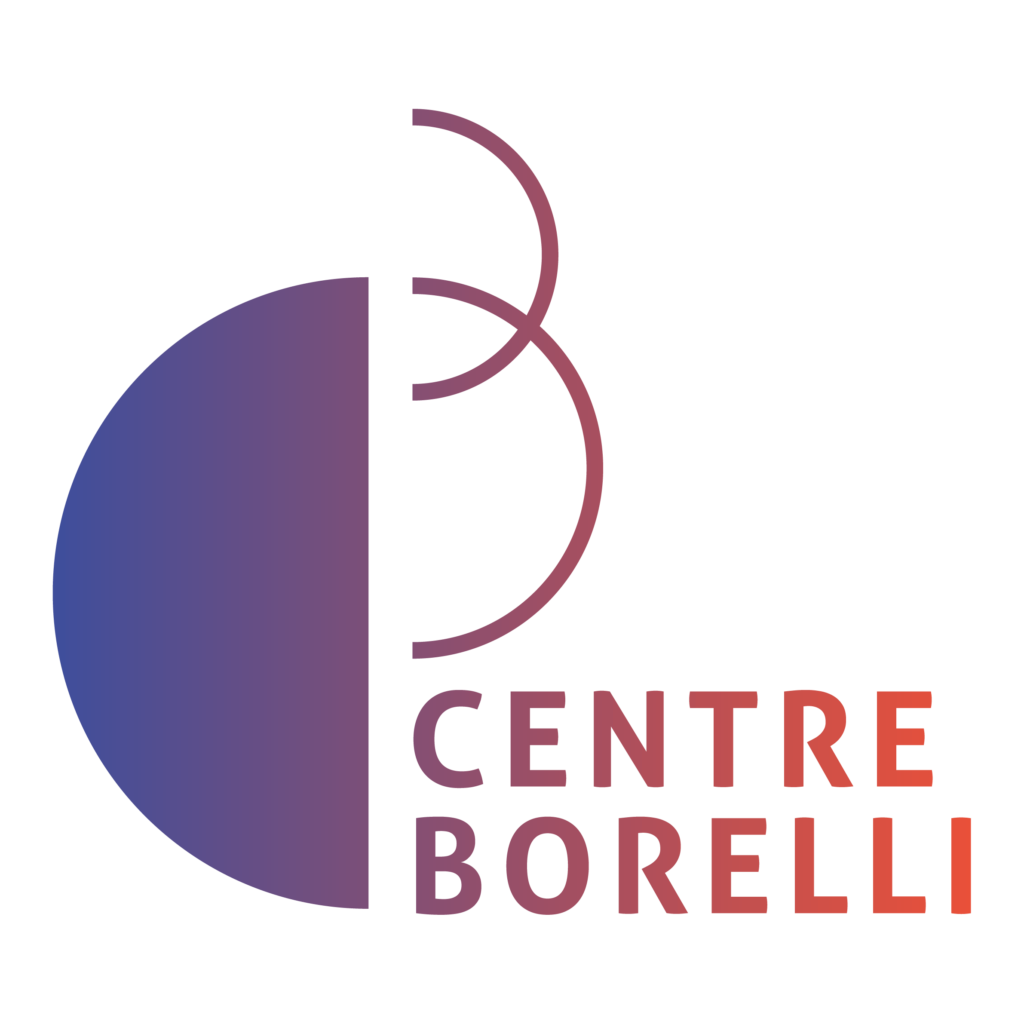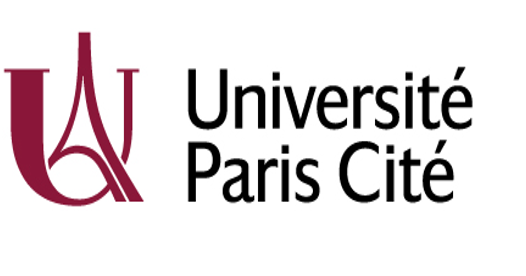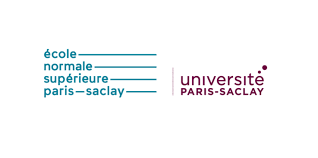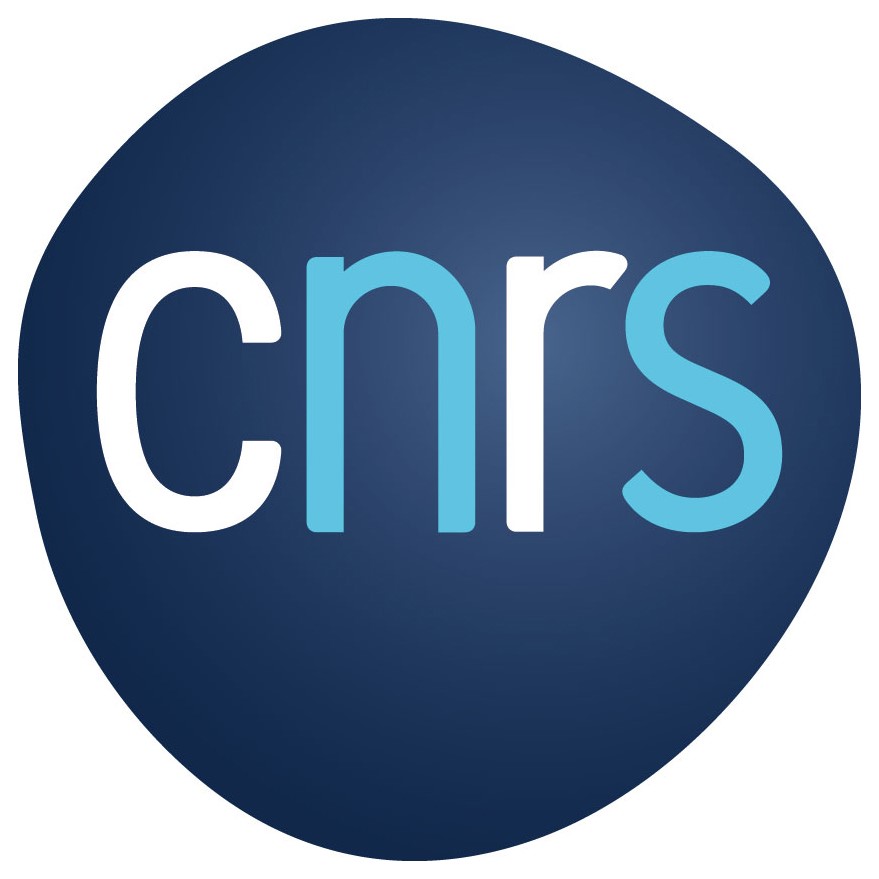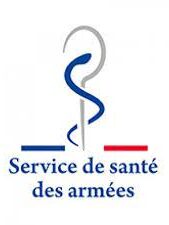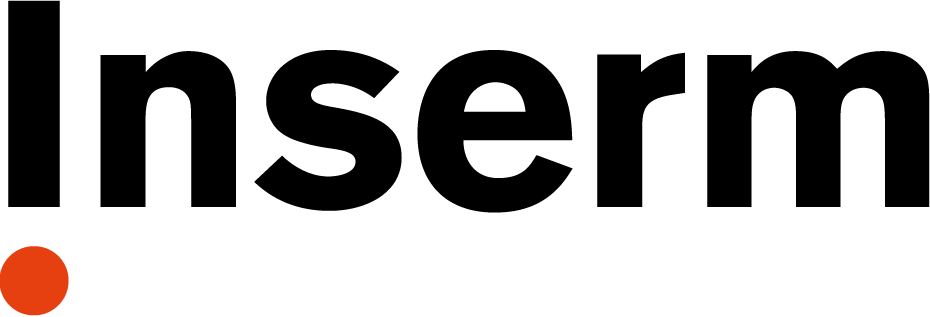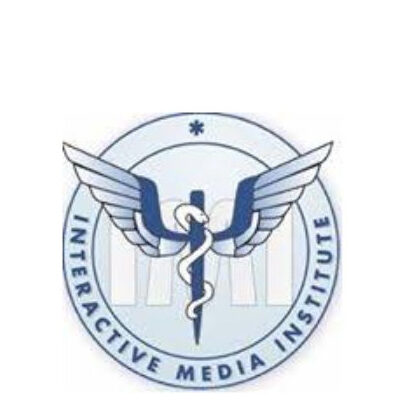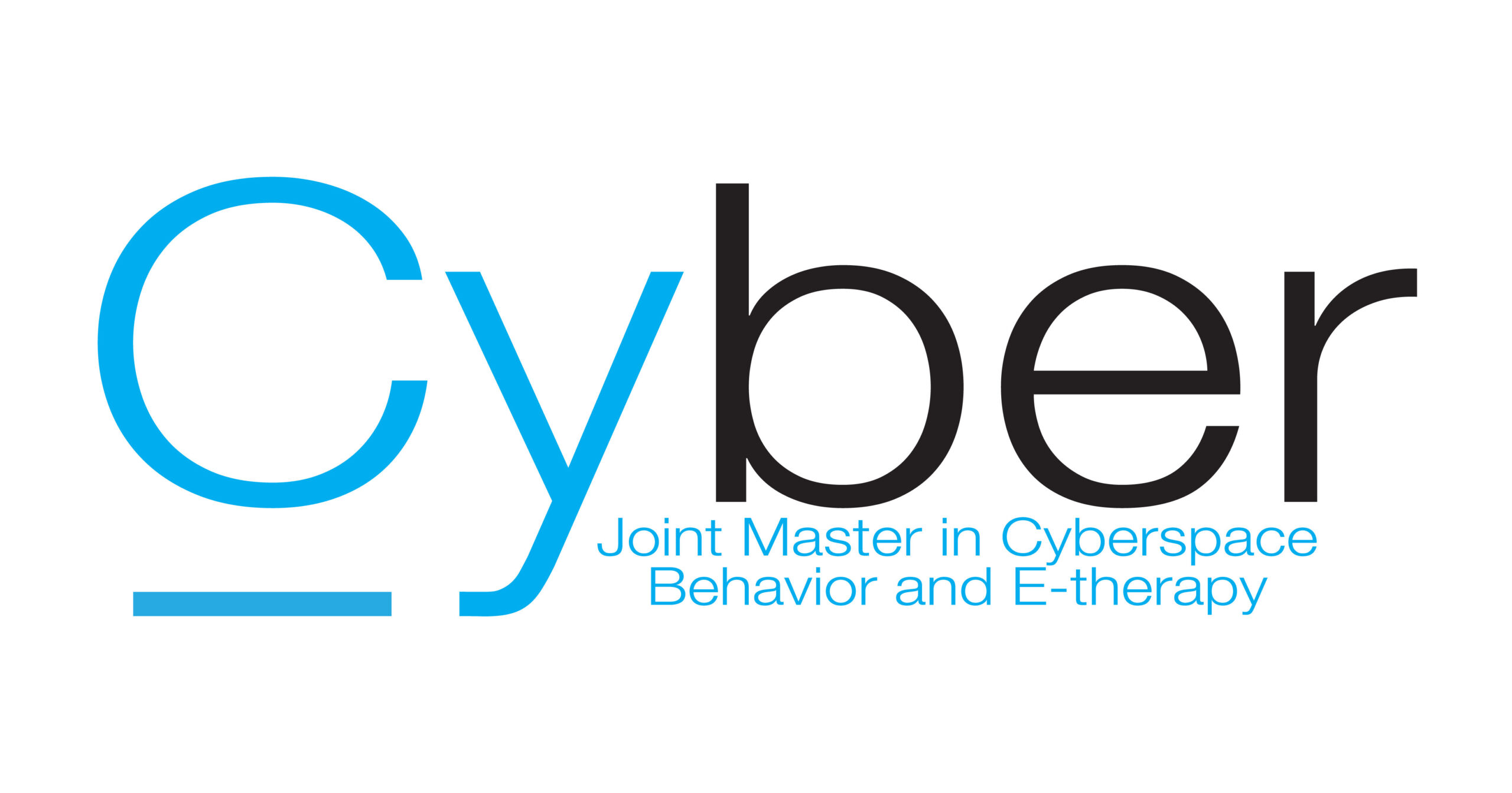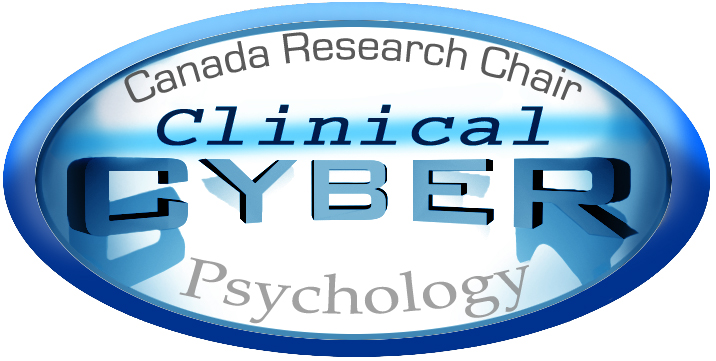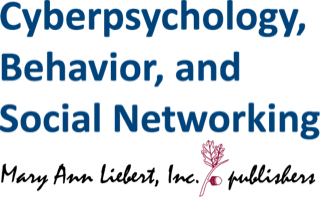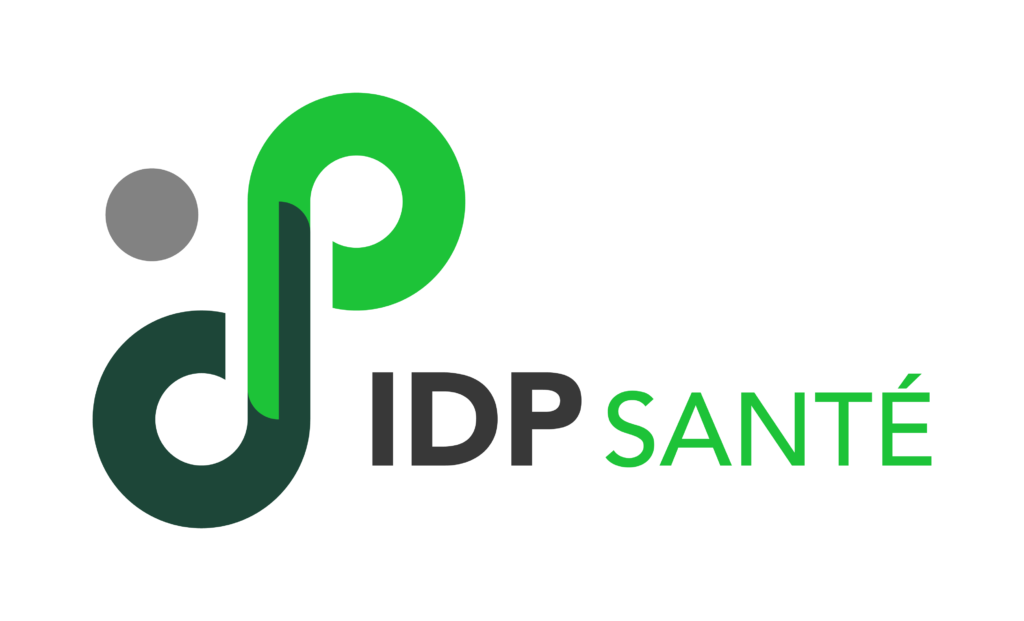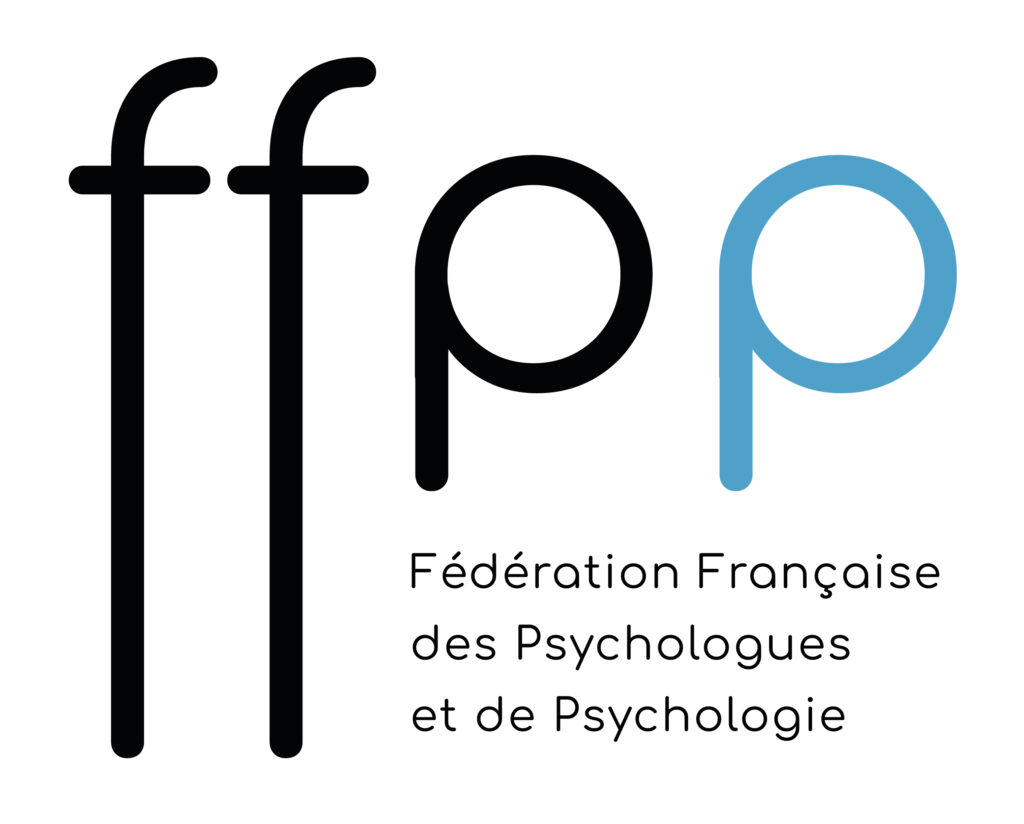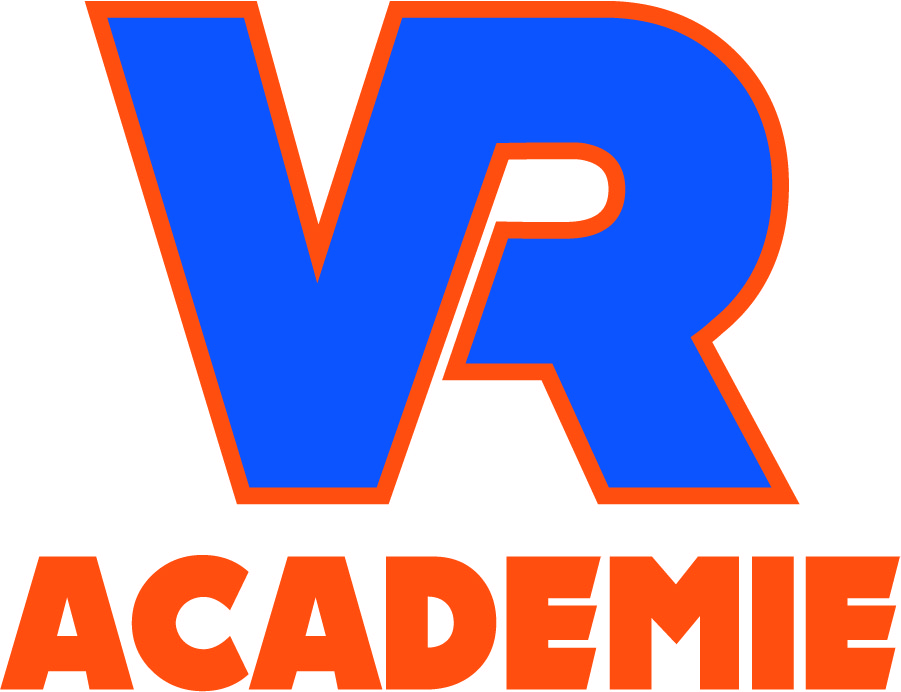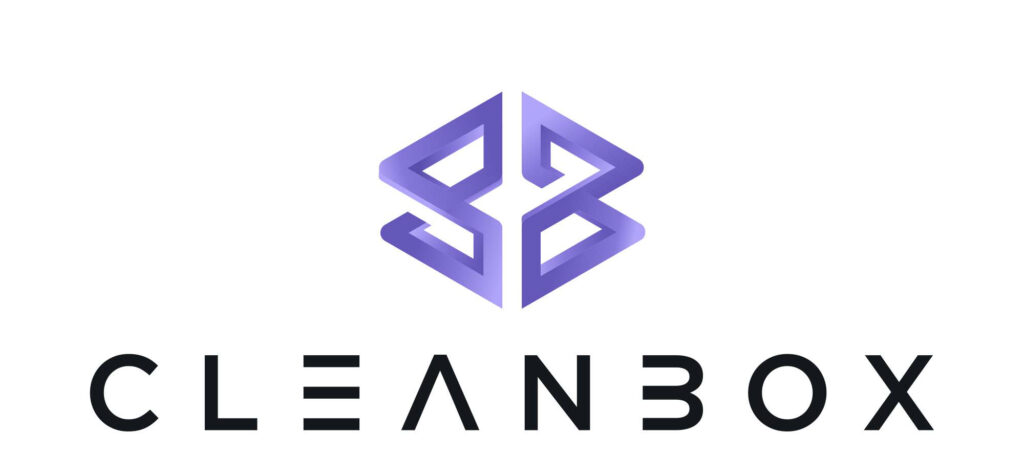It is our pleasure to invite you to join us at the 26th Annual CyberPsychology, CyberTherapy & Social Networking Conference. CYPSY26 that will take place on July 11 to 13, 2023 at University Paris Cité, in Paris, FRANCE.
Click here to see the Call for Abstracts CYPSY26
Our call for abstracts is open until January 16, 2023 (Paris time zone).
Please view all instructions and guidelines below before submiting your abstract at:
https://easychair.org/conferences/?conf=cypsy26
CYPSY26 Submission Instructions
Please read all the instructions before completing the form below, even if you have been attending the conference in the past and especially if you are submitting a symposium. We are using EasyChair, a familiar platform for many of you.
Criteria for Approval.
The proposal process is a competitive one. All submissions will be blindly reviewed and evaluated by at least two members of the Program Committee. The accept or reject decision is at the discretion of the Scientific Committee. Commercial promotion and funding requests are not appropriate in submission of abstracts and during scientific presentations.
Limits on first authorships.
There is a limit of two submissions per first author for Oral presentations and speakers presenting as part of a Symposium. However, there is no limit on other forms of participation such as discussant, symposium chair, co-author, workshop presenter and posters.
Conference language.
Titles and abstracts of each submission are in English. Talks will be given in English. Please check spelling and grammar, as your abstract will be printed in the conference syllabus. If English is not your native language, please have your paper proofread by a native speaker, preferably one who is familiar with the described technology.
Presentation Formats (note, the length of all abstracts is limited to 600 words):
You can submit abstracts for four types, or format, of presentations: workshop, poster, oral and symposium. This important piece information is located only a bit further down in the submission form. References are not required in the abstract.
Workshops
Workshops are 3-hour event all scheduled on the first day on the conference. Workshops require extra cost when registering, the total number of workshops is limited, and the deadline to submit a workshop is January 16th 2023. Workshops are designed to allow participants to learn about and explore a particular issue or technique in depth, or develop specific skills. Handouts, if applicable, should be available to participants. Your 600-word abstract must explicitly include the following sections, which will be used for assessing and promoting your workshop: (a) Content of the workshop, (b) Targeted audience (mental health providers, engineers, novice or experts in the field, etc.), (c) Approach (formal lecture, case illustrations, discussions with the audience, hands-on practice with hardware/software, coaching, etc.), (d) Learning objectives (list at least 4).
Posters.
Posters offer the opportunity to present data and have substantive discussions with interested colleagues. The audience circulates among the posters, stopping to discuss research of particular interest to them. Authors present their research using a visual medium with key information displayed on a 1 meter wide X 2 meters high free-standing bulletin board. No audio visual equipment can be used. In preparing your 600-word abstract, please consider the following as it will be used for reviewing your submission: the title should be descriptive as this will be listed without the abstract on some of the convention material and attendees often build their convention schedule based on title, mention previous research on the topic so reviewers and conference attendees can ensure you are presenting research that has not been presented or published elsewhere (if it is an extension from previously presented material, make it explicitly clear), describe your sample, method and results explicitly, use significantly more space to describe the method and results than to present the context and the conclusion, assume half of those who will read your abstract do not know your research field and the other half will be expert in your domain.
Orals.
An oral presentation is where individual speakers present their research in less than 20 minutes, including questions from the audience. It is the responsibility of the CYPSY26 organizers to regroup orals together based on the set of available keywords and topics selected when submitting. In preparing your 600-word abstract, please consider the following as it will be used for reviewing your submission: the title should be descriptive as this will be listed without the abstract on some of the convention material and attendees often build their convention schedule based on title, mention previous research on the topic so reviewers and conference attendees can ensure you are presenting research that has not been presented or published elsewhere (if it is an extension from previously presented material, make it explicitly clear), describe your sample, method and results explicitly, use significantly more space to describe the method and results than to present the context and the conclusion, assume half of those who will read your abstract do not know your research field and the other half will be expert in your domain.
Symposiums (sometimes referred to as panel session in other venues).
A symposium is a focused session in which individual speakers present their research on a common or related issue. A symposium should have the dual goals of providing diversity of perspective and integrating those perspectives into a meaningful whole. A symposium includes a chair, four to five presenters, and a discussant (optional). It is the responsibility of the chair of a symposium to recruit the presenters, not the CYPSY26 organizers. Symposiums will be scheduled in 60 to 90-minute time slots and should allow a few minutes for discussion with the audience. The exact duration of symposiums is based on the number of authors in a symposium, with each presentation lasting less than 20 minutes, including questions from the audience. All abstracts in a symposium will be assessed together (i.e., all abstracts will be accepted or rejected together). The chair of a symposium must submit a general abstract for the symposium, even if the chair is also presenting a talk in that symposium.
To submit a Symposium, or in a Symposium, please note the following information.
In the section Type of Submission / Format, one option is entitled Symposium General abstract. This section is for the chair of a symposium. It is used for assessing the symposium and regrouping all presentations together. Your 600-word abstract must explicitly include the following sections: (a) Title of your symposium, (b) Title of all the presentations in your symposium (i.e., the title the authors will use in their own submissions), (c) Name of all presenters in your symposium (not all authors on all talks, only the name of the author that will submit an abstract/ present), and (d) the name of your discussant, if any (note the discussant does NOT have to submit an abstract but MUST register to the conference in order to participate). The name of the discussant can be added or communicated later to the conference organizers. When asked to list the authors (e.g., Author 1), ONLY enter the information for the symposium chair. Note that your title should be descriptive as this will be listed without the abstract on some of the convention material and attendees often build their convention schedule based on title.
In the section Type of Submission / Format, one option is entitled Symposium. This is where you enter the abstract of your presentation in a symposium. You do not need to refer to the general title of the symposium. In preparing your 600-word abstract, please consider the following as it will be used for reviewing your submission: the title should be descriptive as this will be listed without the abstract on some of the convention material and attendees often build their convention schedule based on title, mention previous research on the topic so reviewers and conference attendees can ensure you are presenting research that has not been presented or published elsewhere (if it is an extension from previously presented material, make it explicitly clear), describe your sample, method and results explicitly, use significantly more space to describe the method and results than to present the context and the conclusion, assume half of those who will read your abstract do not know your research field and the other half will be expert in your domain.
Other information that will be requested in the submission process (this information is also explained on the submission form).
Refusing Oral being reclassified as a poster. In some cases, a submission for an Oral presentation could be rejected as an oral but be accepted if it had been submitted by you as a Poster. If you prefer that rejection of your Oral does not give you the chance to be considered for a Poster, you will be invited to express your preference when submitting. Your choice will not be displayed to the reviewers and will have no impact on their decision. If you select to refuse that your Oral be reclassified as a Poster and unfortunately your Oral is being reclassified as a Poster during the review process, your submission will be rejected.
Word in progress. We accept work in progress at the CYPSY26 conference. However, authors must mention it in their abstract and by checking the appropriate box on the submission form.
Approved by an ethics committee. You will be invited to confirm if your study has been approved by an ethics committee, if approval was not required (e.g., data was gathered from the public domain, simulation data, theoretical paper, etc.), or if the Scientific Committee should contact you to address issues about ethical approval.
Conflict of interest. If you believe that some program committee members have a potential conflict of interest that can prevent them from evaluating your work fairly, please specify names of program committee members and provide a brief explanation why, in your opinion, they should not review your paper. This information will not be shared to other reviewers.
Program Participant Registration Policy.
All program participants must register and pay the appropriate convention registration fee. This includes all speakers, session chairpersons, participants, poster presenters, etc.
Note that PC computers (or laptops), LCD projector, screen, microphone and speakers will be available in each presentation room.
Encouraged topics / keywords include, but are not limited to:
- Addiction to technologies
- Advanced interaction training
- Artificial Intelligence
- Apps (mobile applications for smartphones, etc.)
- Arts and storytelling using technology
- Augmented reality
- Brain computer interfaces
- Cognitive and/or physical therapy
- Connected objects / Internet of things
- Cross-cultural differences relevant to cyberpsychology
- Cyberbullying
- Cybercrime
- Cybersecurity
- Digital Therapeutics
- e-Health
- Embodied experiences and / or body ownership
- Engineering issues applied to cyberpsychology
- Ergonomics
- Ethics and autonomy
- Games for health and / or serious games
- Gaming and technology (gameplay, technologies, performing arts, law and politics, etc.)
- Hologram technologies
- Human-computer interactions
- Human Performance
- Implications of technologies in humanities (archeology, history, law, etc.)
- IoT
- Neurorehabilitation
- Non-invasive physiological monitoring devices
- Personality and internet use
- Positive technology
- Presence and / or telepresence
- Robotics
- Serious games
- Smart homes and / or home automation (domotics)
- Social applications of technology
- Social implications of Facebook, Twitter, etc.
- Social networking
- Technology for education and / or learning
- Technology for psychotherapy
- Technology for physical and medical health
- Telehealth and telepresence
- Telepsychology
- Using technology in education and learning
- Using technology in marketting (neuromarketing, AR, etc.)
- Videogames
- Videoconferencing and / or telepsychotherapy
- Virtual Reality and Augmented Reality in general
- Wearable computing
- Cyberpsychology and
- Addictions (related to substance, games, gambling, sex, etc.)
- ADHD
- Anxiety disorders and phobias (including OCD and PTSD)
- Autistic spectrum disorders
- Cognitive disorders (dementia, etc.)
- Depression and mood disorders (including bipolar disorders)
- Developmental disorders
- Eating disorders / Obesity
- Health and Pain (acute and chronic illness; management of; cancer, cardiovascular, etc.)
- Neurological diseases
- Personality disorders
- Schizophrenia, psychotic and / or delusional disorders
- Sleep disorders
- Other medical, psychological or socio-cultural disorder or problem
